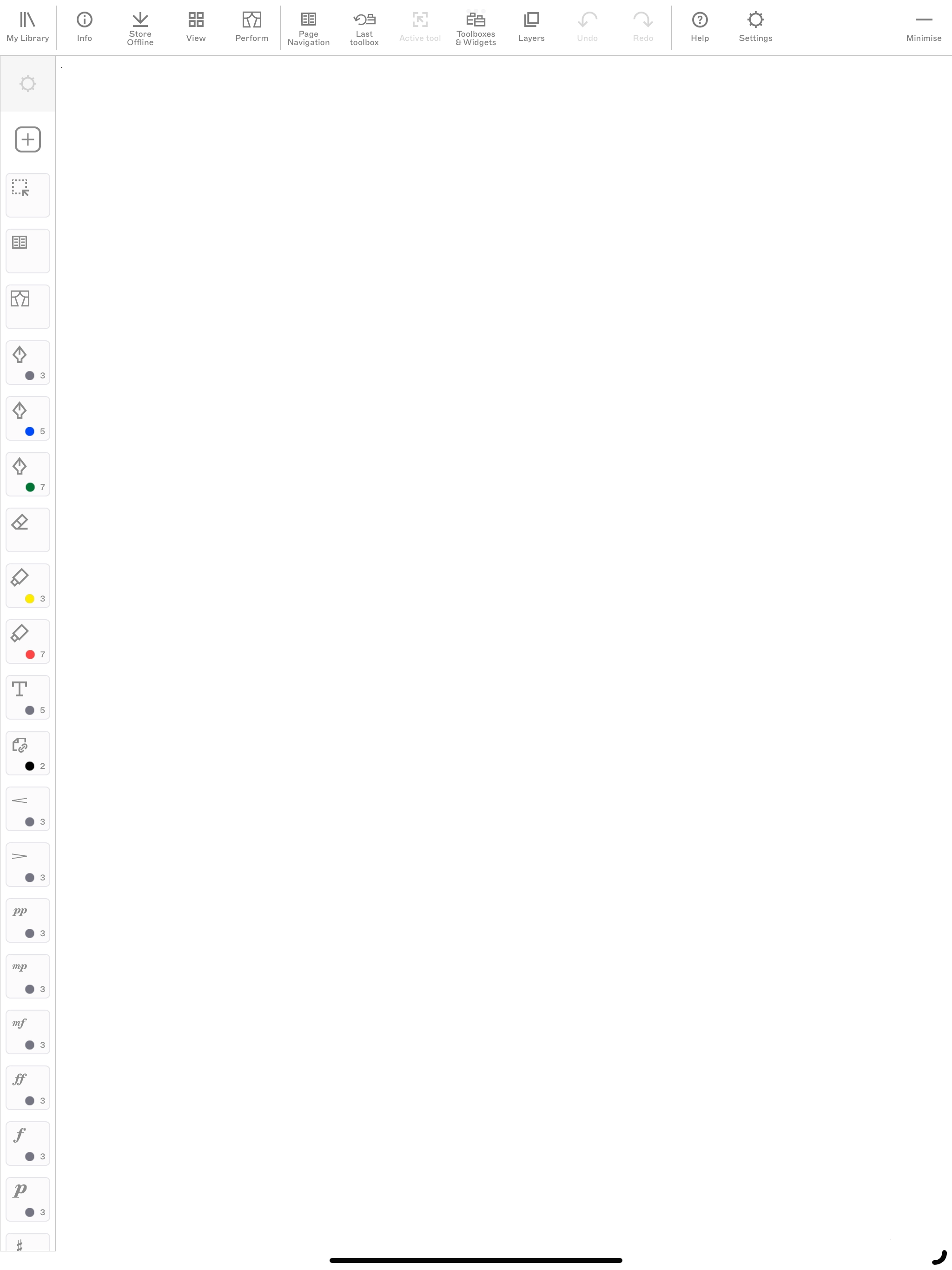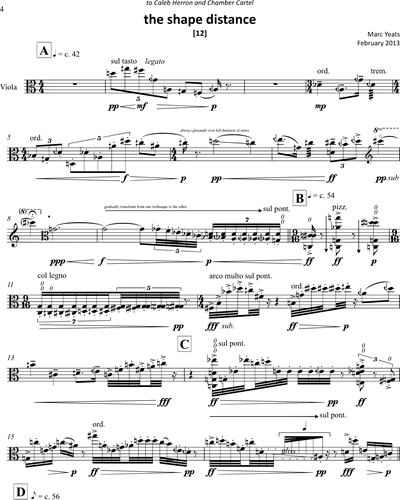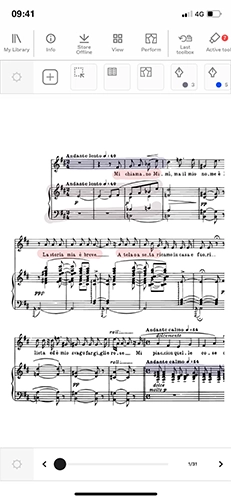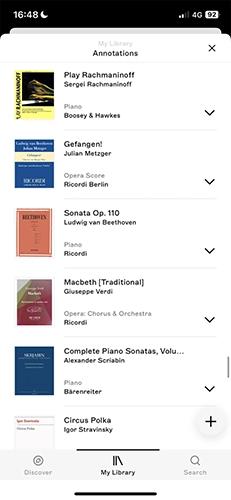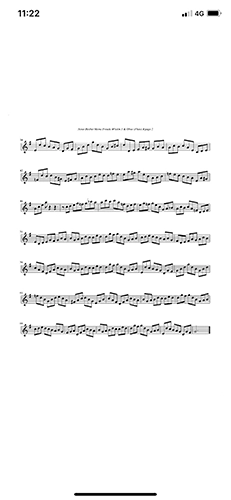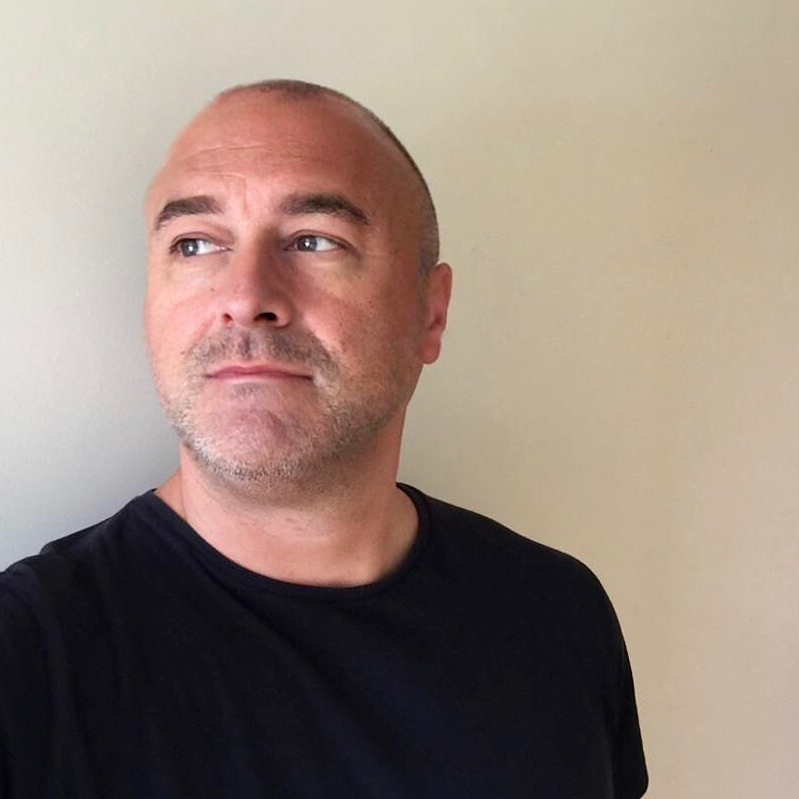
Marc Yeats
54 pieces at nkodankoda sheet music library
over 100k editions from $14.99/month
Hassle-free. Cancel anytime.
available on
nkoda digital sheet music subscription


Editions
Annotate
Library
Perform
100k+ available Editions
More about Marc Yeats
Marc Yeats is one of the UK’s leading contemporary composers with his works having been performed by the BBC Philharmonic Orchestra, Hallé Orchestra, broadcast on BBC Radio 3 and stations across Europe, Asia and Australasia. Described by Peter Maxwell Davies as “breathtakingly original”, and Professor Stephen Davismoon as “one of the most prolific and influential composers and creative artists of his generation in the UK”, Marc’s music explores transduction, complex sonic, perceptual, asynchronous and polytemporal relationships, sonic flux, contextual, harmonic and temporal ambiguities, polarised intensities and a visceral joy of sound. Marc’s music has received performances around the world including The Edinburgh String Quartet (UK), the Chamber Group of Scotland (UK), Psappha (UK), Geert Callaert (BE), the London Sinfonietta (UK), the Endymion Ensemble (UK), Paragon Ensemble (UK), the Scottish Chamber Orchestra (UK), 175 East (N.Z.), Sarah Watts, SCAW (UK), Sarah Nicolls, Federico Mondelci, Contempo Ensemble (Italy), Rarescale (UK), Carla Rees (UK), The Scottish Clarinet Quartet (UK), Symposia (UK), the New York Miniaturists Ensemble (US), Trio IAMA (Greece), Dirk Amrein (Germany) Expatrio (UK), Chroma (UK), Kokoro (UK), Consortium5 (UK), Gleb Kanasevich (US) Ensemble Amorpha (UK), Meridian Brass (UK), Syzygy Ensemble (AU) Chamber Cartel (US) Carlton Vickers (US), XelmYa (DE), Ian Pace (UK), Ensemble Suono Giallo (IT) the BBC Philharmonic Orchestra (UK), the Hallé Orchestra and Chorus (UK) conducted by Sir Mark Elder, Tokyo City Philharmonic (JP) and Gewandhaus Radio Orchestra (DE), for example. Marc’s relationship with the BBC is both strong and enduring, starting with a BBC Scotland performance by the Edinburgh String Quartet more than 20 years ago. His first orchestral work – I See Blue – conducted by Martin Brabbins, received much acclaim when first performed around the same time. This led to specific BBC commissions, including a piano concerto to open Piano 2000 in Manchester, with Kathryn Stott as soloist, and a solo harpsichord piece ‘Rhema’, performed by Mahan Esfahani and broadcast in 2010 by BBC Radio 3 from the Clothworkers’ Centenary Concert Hall in Leeds. Selection as one of just 10 to attend the legendary Hoy Summer School in 1994 brought Marc into contact with the late Sir Peter Maxwell Davies. At the completion of the course, Max was keen to support and promote Marc’s work, and conducted his first commission with the Scottish Chamber Orchestra at the St. Magnus Festival in 1997. He and Marc continued to share ideas, and Max took a great interest in Marc’s visual art and compositional work with mobile technologies and a range of timecode-supported polytemporal structural approaches to composition. Marc is excited to have recently been appointed composer-in-residence to Yeovil District and Dorchester County Hospitals, a position he has also held with other UK and US organisations. Works such as My Blood Is As Red As Yours’ (an orchestral and choral piece commissioned by the Halle to celebrate World Aids Day in 2008 and performed at the Bridgewater Hall) and ‘Sturzstrum’ for massed voices and pebble chorus commissioned by Coastal Voices to celebrate the geology of the Jurassic Coast as part of the Cultural Olympiad for the 2012 Olympics, premiered 300 feet underground in Beer Quarry caves, where, according to Tim Jones on Shuffle: “the volley of shrieks and bellows have a feral quality to them and create genuine excitement […]”, along with recent timecode-supported polytemporal compositions such as ‘shapeshifter’ (2015) and ‘the observation quartets’ (2015–16) and recent works for international virtuosi such as Ian Pace (piano) Sylvia Hinz (recorders), Gleb Kanasevich (clarinets) Sarah Watts (clarinets) and Carlton Vickers (flutes), continues to enhance his reputation as a leading contemporary composer. Marc is currently a composition PhD candidate and WRoCAH Scholar at the University of Leeds School of Music (2017 – 2020) researching a new approach to polytemporal orchestral composition. His research is titled 'Control, Flexibility, Flux and Complexity: A Timecode-Supported Polytemporal Approach to Orchestral Composition'. Marc's current interests in composition involve creating fluid music that simultaneously brings together multiple, fully notated lines of material that operate in different, unrelated tempi, where notated material is fixed against part-embedded timecode read in conjunction with ensemble/orchestra-wide loosely synchronised mobile phone stopwatches that enable performers to reference their relative notational positions to their timeline positions in the music during performance. This timecode-support provides a temporal framework that helps players maintain high degrees of structural and architectural cohesion despite the polytemporal, loosely synchronised nature of the music. The approach explores the relationship between composer control (through notational signification – the instructions, signs and symbols on the page) and performer flexibility through mediation (how that notational signification is interpreted and especially how tempo indicators are mediated by players attempting to render specific speeds as indicated through precise tempo instructions). It is the flexible nature of the tension between composer control and player flexibility that produces flux, that is, a range of unpredictable (indeterminate) sonic outcomes brought about through the ever-changing contextual relationships of the material simultaneously mediated by multiple musicians. Resulting performances are never identical due to the shifts in these material contextual relationships – the flux produced – but do yield similar and recognisable versions of the original compositional model through the effective management of flux when using the temporal framework provided by timecode. This flexibility produces performances that are always sympathetic and acceptable renditions of my compositional model – my blueprint – to deliver dense, complex, polytemporal musical structures. With no unifying pulse or beat and with each player following their own temporal trajectory, there is no need for a conductor. Each player, by reading the timecode in their parts in conjunction with their stopwatches, is responsible for their own pulse and delivery of their specific material. They are their own conductor. As there is no universal pulse-synchronisation there is no synchronised score produced for timecode-supported pieces as the flexible relationships between all instrumental parts cannot be usefully represented in a fixed and synchronised score format. Consequently, music is performed through parts alone. Therefore, timecode-supported polytemporal music for orchestra (or any number of instruments) is conductor-less and scoreless with each musician performing in simultaneously independent tempi from parts alone. This compositional and performance method offers new possibilities in writing and performing multi-tempi music by balancing composer control and player mediation to support structural coherence and flexible performance outcomes in through-composed orchestral music using managed flux to create complex sonic relationships. As well as synchronised works, this catalogue holds a significant number of ensemble, chamber and orchestral works that are written as timecode-supported polytemporal compositions.

Marc Yeats sheets music on nkoda
Edition/Parts
Composer/Artist
Part
Source
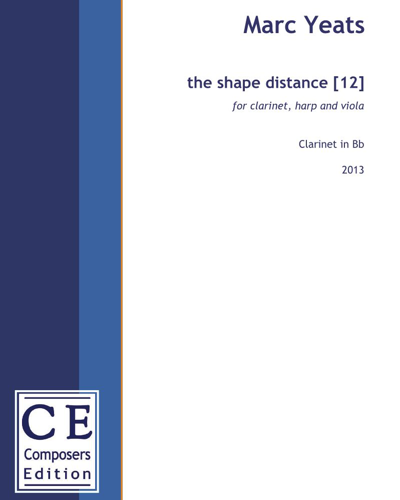
The Shape Distance [12]
Marc Yeats
Clarinet in Bb & Harp & Viola
Composers Edition
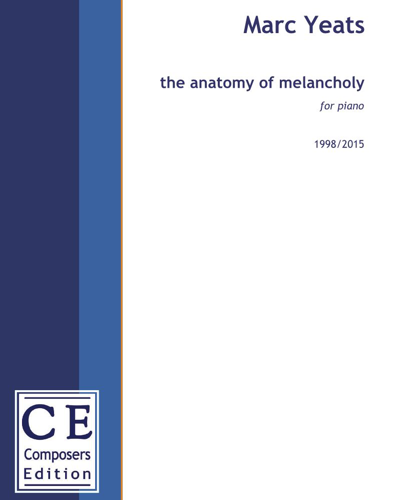
The Anatomy of Melancholy [Revised 2015]
Marc Yeats
Piano
Composers Edition
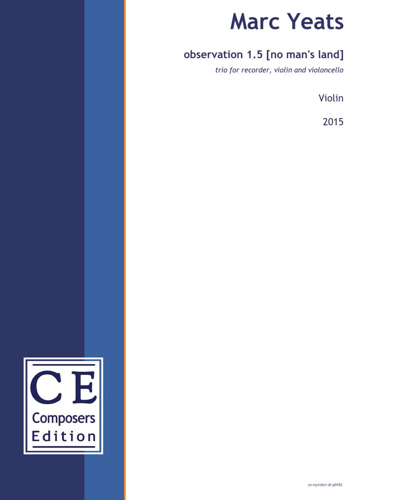
observation 1.5 [no man's land]
Marc Yeats
Ensemble
Composers Edition
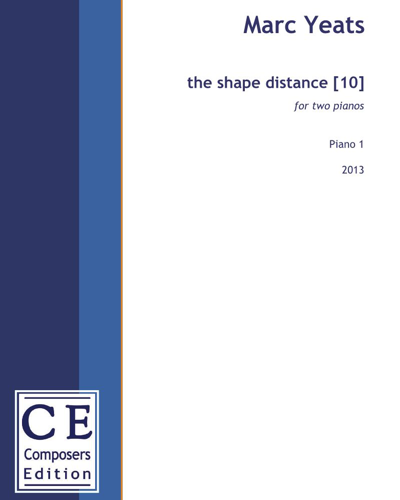
The Shape Distance [No. 10]
Marc Yeats
Piano 1 & Piano 2
Composers Edition
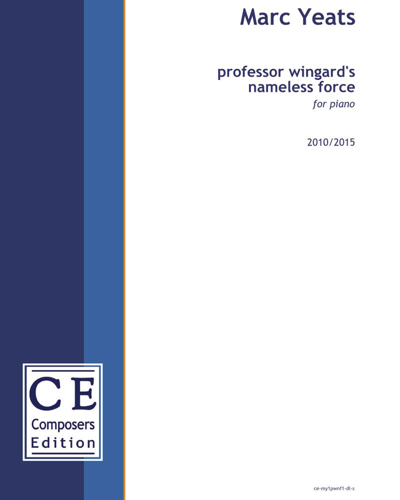
Professor Wingard's Nameless Force [Revised 2015]
Marc Yeats
Piano
Composers Edition
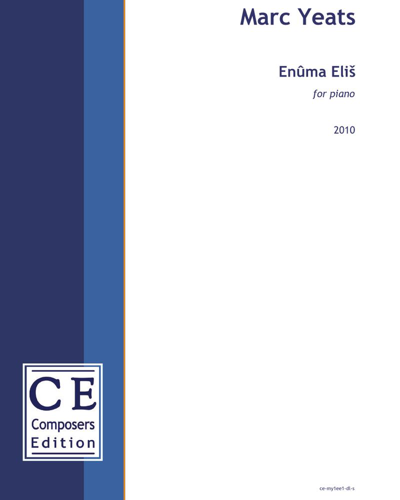
Enûma Eliš
Marc Yeats
Piano
Composers Edition
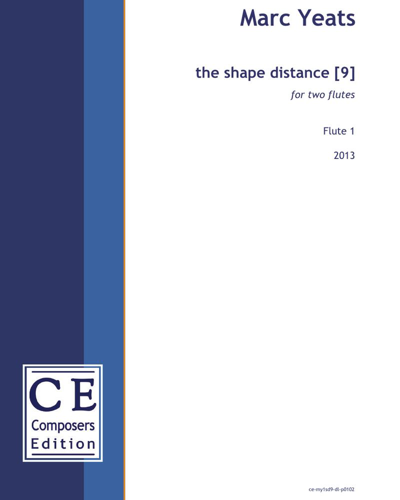
The Shape Distance [9]
Marc Yeats
Flute 1 & Flute 2
Composers Edition
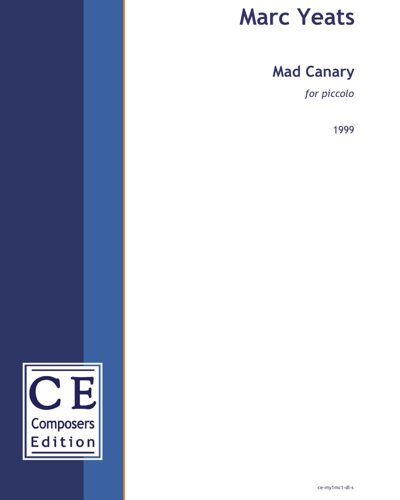
Mad Canary
Marc Yeats
Piccolo
Composers Edition
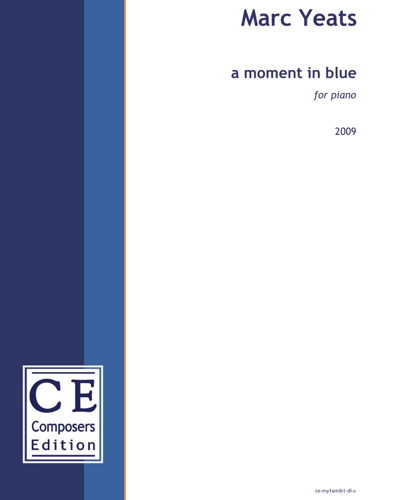
A Moment in Blue
Marc Yeats
Piano
Composers Edition
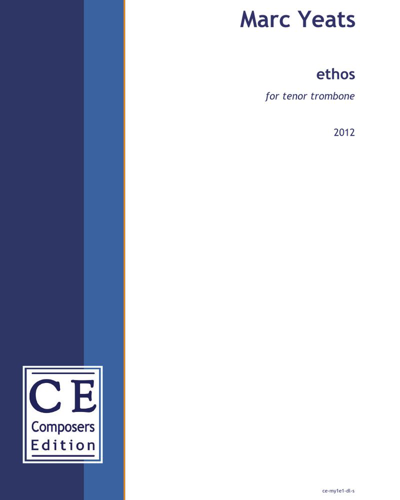
Ethos
Marc Yeats
Trombone
Composers Edition
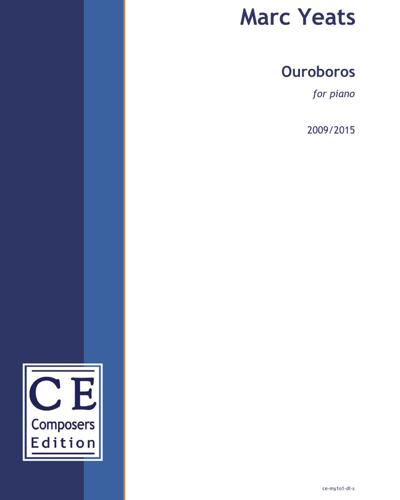
Ouroboros
Marc Yeats
Piano
Composers Edition
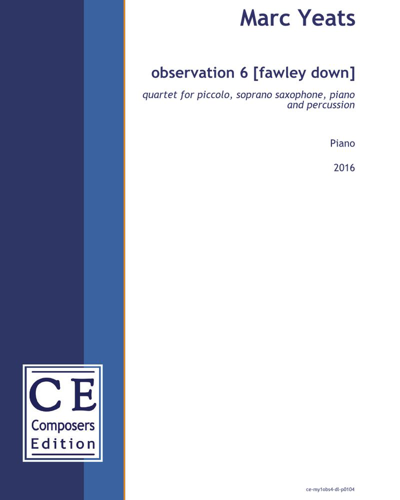
Observation 6 [Fawley Down]
Marc Yeats
Wind
Composers Edition
INSTITUTIONAL PARTNERS
PUBLISHERS PARTNERS
TESTIMONIALS

